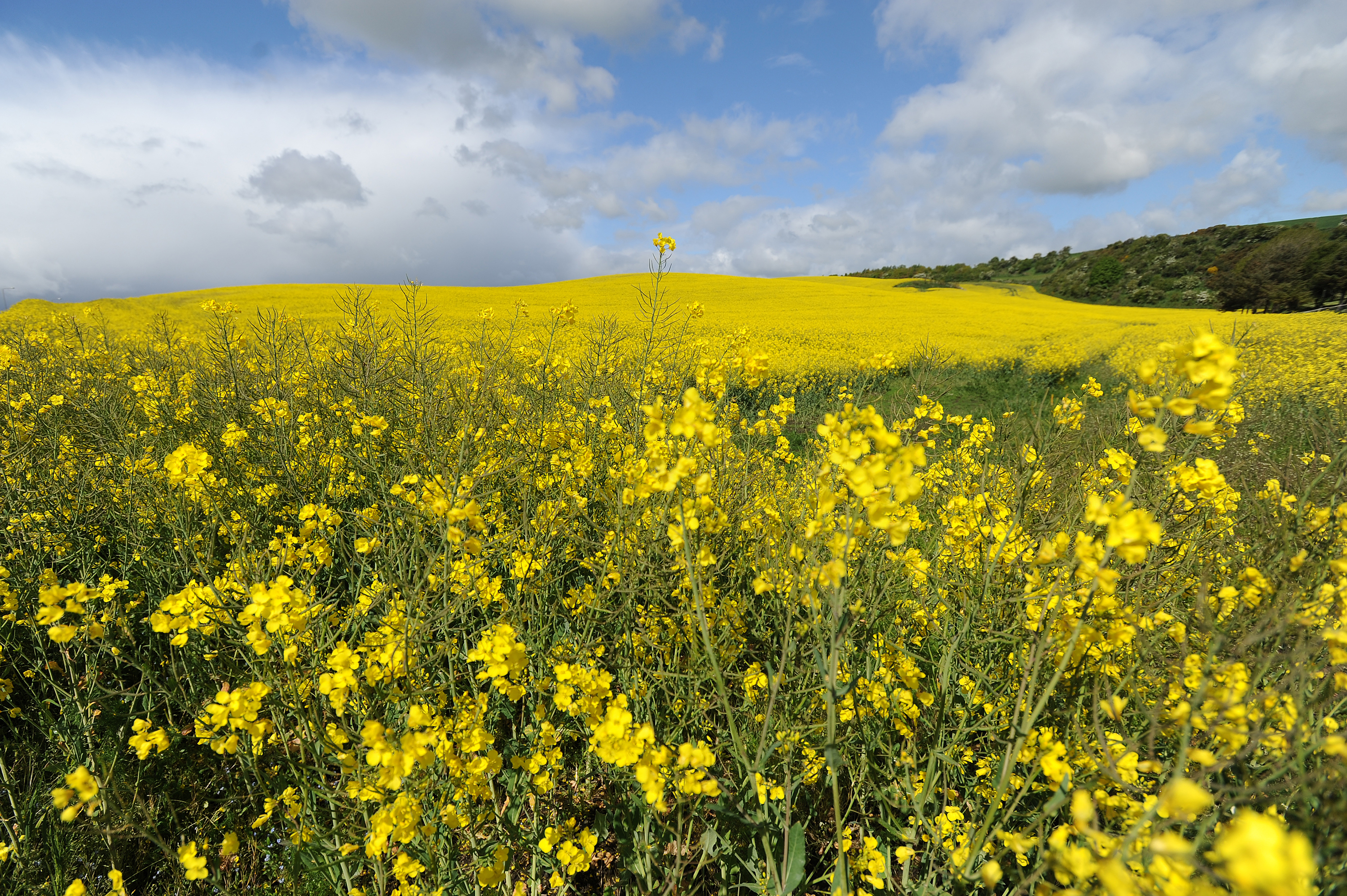Arable farmers across Europe have been left in limbo again after a European Commission committee failed to agree on granting a limited extension to the use of the core agricultural chemical, glyphosate.
The long running battle over relicensing Europe’s most widely used herbicide will be considered again by the commission after its plants, animals, food and feed (PAFF) committee refused to back the product for a limited period of 12-18 months.
If no consensus can be found this week, the next option would be an appeals committee later in the month and then, if stalemate prevails, the commission would have to step in and take a view.
The indecision comes amid conflicting reports on the product’s safety and claims that it could be linked to cancer, although reports by the European Food Safety Authority (EFSA) and the Federal Institute for Risk Assessment in Germany have concluded that glyphosate is unlikely to pose a carcinogenic risk to humans.
Extending the current licence by 12-18 months was a compromise proposal from EU commissioner for health and food safety, Vytenis Andriukaitis, to allow time for further scientific study by the European Chemicals Agency (ECHA).
NFU Scotland president Allan Bowie criticised the stalemate and argued Europe’s decision-making process was being driven by politics rather than science.
“Given glyphosate’s role in delivering safe and affordable food across the whole of the EU, today’s ‘no opinion’ position will simply add to the frustration felt throughout the whole farming community with regards to the future availability of this essential product,” he said.
“On behalf of Scottish farmers, we will be doing our utmost in the weeks ahead to ensure commonsense prevails and this valuable tool in our plant protection armoury remains available to us for many years to come.”
UK farming leaders have jointly written to policymakers in Europe, arguing the case for the product’s reauthorisation and appealing to them to respect the process for the registration of plan production products, which had recommended the continued use of glyphosate.
In an open letter the leaders said all UK farmer were looking at the ongoing debate with “mounting concern”.
They added that glyphosate provided safe, secure and affordable food and was an essential tool in farming practices.
“Furthermore, application pre-harvest not only ensures the quality of the crop, but also means that less drying after harvest is required.
“This naturally reduces fuel and electricity usage, in turn lowering costs and minimising greenhouse gas emissions.”










